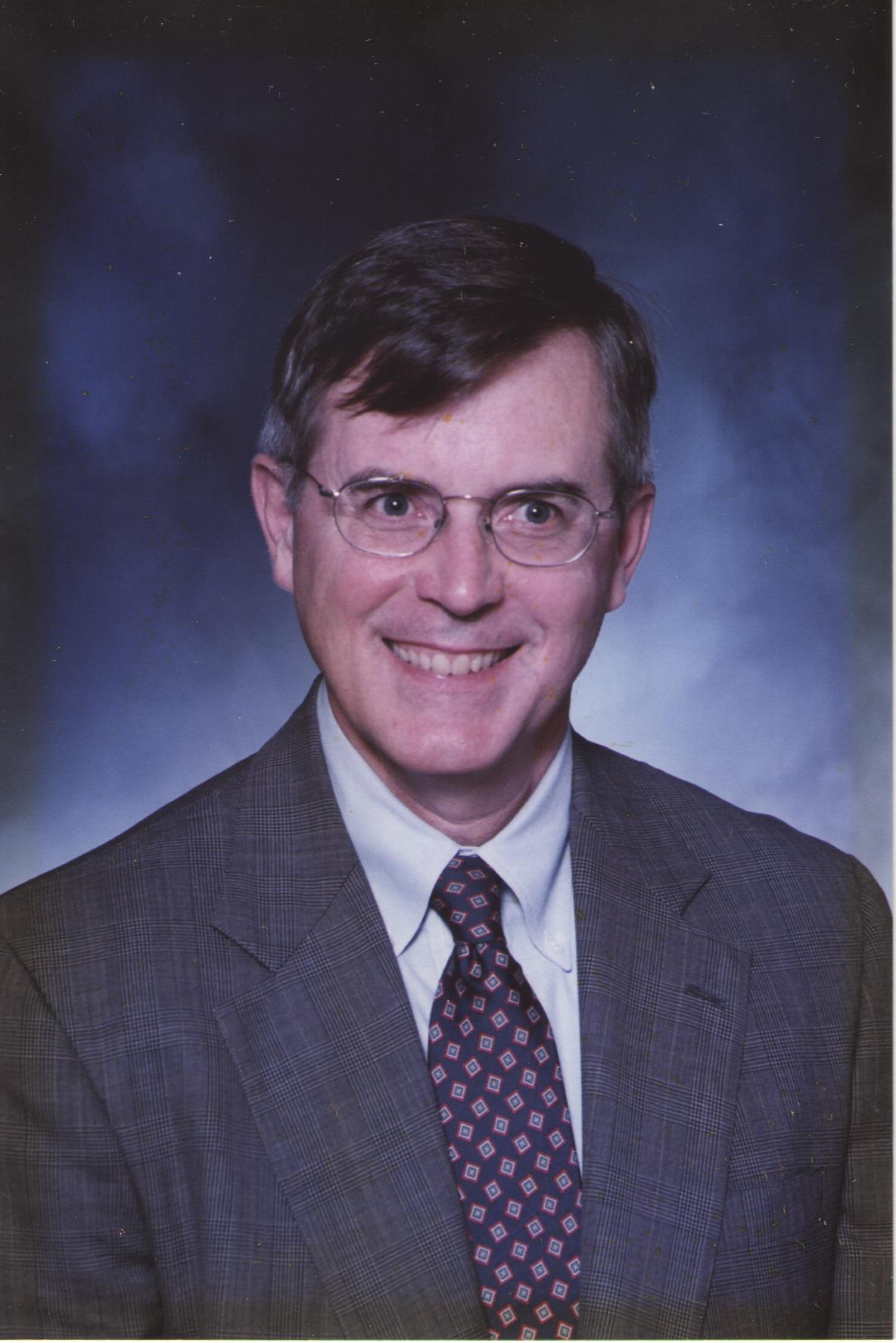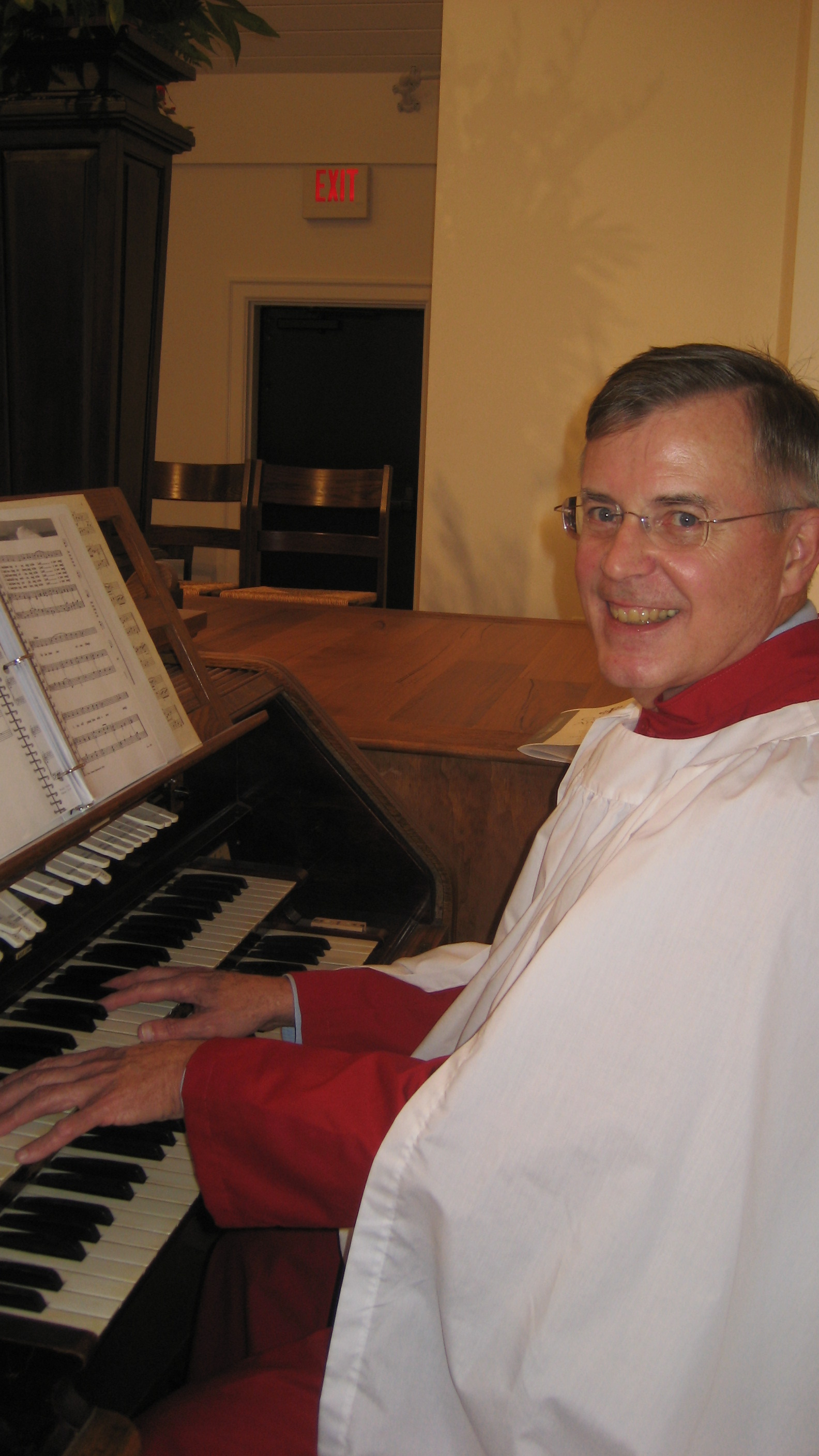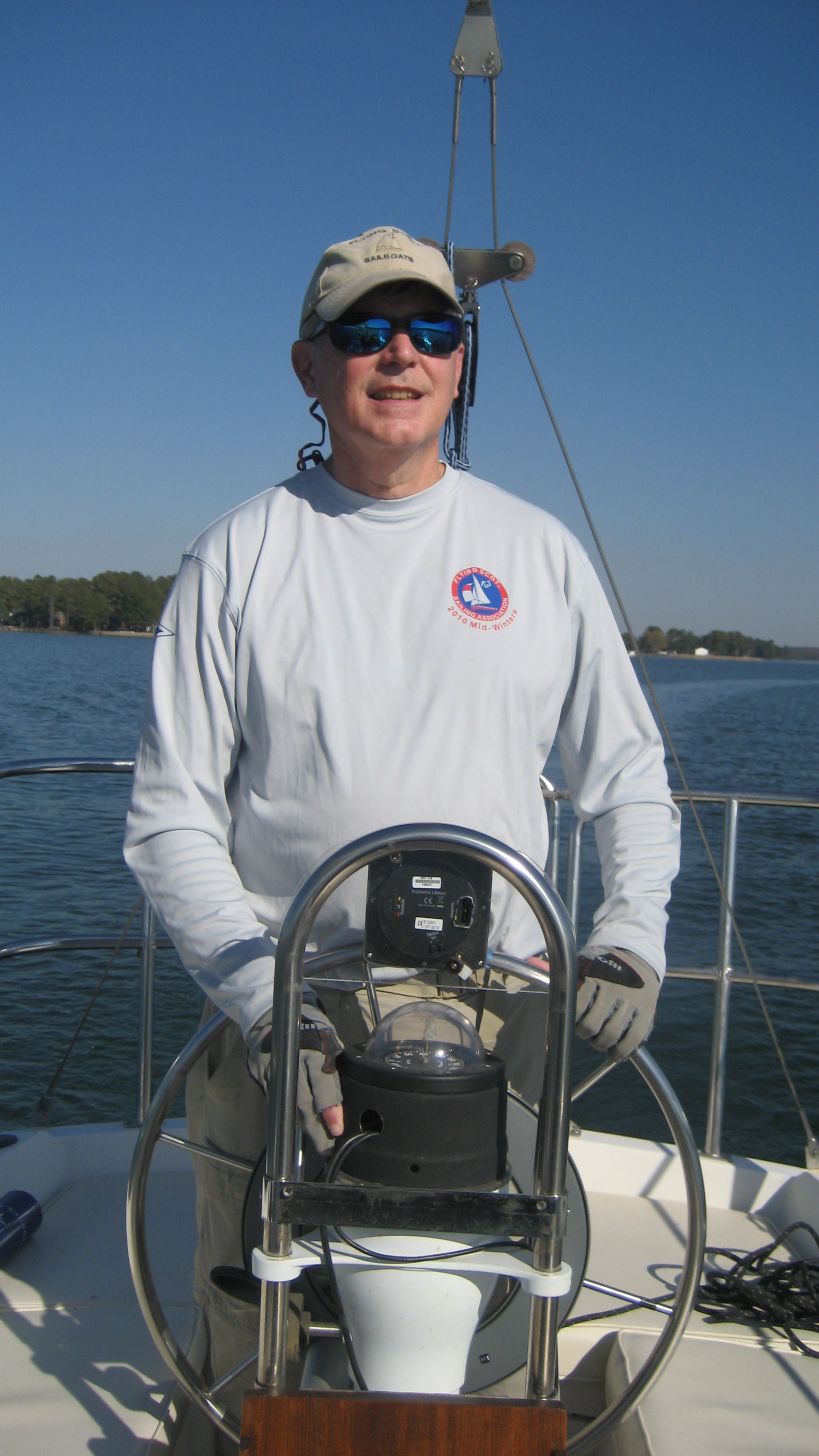Lawrence C. Melton
About

I was born on April 8, 1948 in Marlinton, West Virginia, the third child of Rev. Roger Paddison Melton of Decatur, Georgia and Alice Tarver Caldwell Melton of Bristol, Tennessee. My father graduated from Davidson College in 1937. At some point, one of the chaplains asked him to go preach at the Mill Village Church. After that he felt a strong call to the ministry that never faded. After college, my father attended Union Seminary in Richmond and was ordained into the Presbyterian Church in the United States, i.e. the Southern Presbyterian Church. He then joined the Army and served as chaplain to the Dixie Division (31st Infantry Division) in New Guinea and the Philippines. After the war, he accepted a call to the Presbyterian Church in Marlinton, West Virginia, the county seat of Pocahontas County . My parents did not have a television until a member of their church in Montgomery, W.Va. gave them one for Christmas. I believe it embarrassed the Presbyterians that their minister did not have a television when all the other Protestant ministers in town had one. The first thing I remember seeing on television was President Eisenhower’s address to the nation on the Suez Crises in 1956. My father was very nervous and very relieved when President Eisenhower said the United States would not get involved militarily.
In hindsight, I spent my childhood listening to adults who talked a lot and told a lot of stories. There were porches and living rooms and Granddaddy smoking a cigar after lunch in his rocking chair in Decatur and my father speaking directly into Granddaddy’ s ear because he was stone deaf. On my mother’s side, there was Uncle Dick’s front porch in McCaula, Alabama, with the yellow anti-bug lights, his slow drawl, funny stories and smoke from his Chesterfields, and Aunt Polly in Bessemer, who loved to tell about her trips to the UDC Conventions around the South where nothing ever happened, and Uncle Elmore McAdory, who was Clerk of the Court of Jefferson County, Alabama, and had endless stories about the lawyers and the juries he had seen.
The Roger Melton family did not have a lot of the things that defined the growing wealth of the country during the 1960’s, but we did not know we were poor. I credit my parents for that. Growing up, it seemed normal to me that my aunts would send my mother their old clothes and that she would alter them to fit and never complain that she never bought new clothes for herself. My father’s Christmas present to my mother was often a carton of Cokes and a little whipping cream. They gave presents to their children, but not to each other. That seemed normal to me, too.
Now, to speed the story along, I graduated from Tulane University in 1970 with a degree in Anthropology and German and left for London to complete a M. Phil. degree in 1973. While there, I gave tours of London to German tourists and read English writers like Jerome K. Jerome, and George and Weeden Grossmith, Joyce Cary, P. G Wodehouse, Evelyn Waugh, Kingsley Amis, and Tom Sharp (whom I probably would not have read had I stayed in the States). These authors permanently altered my sense of humor. After three years in London, I returned home to study law at Washington & Lee. There, at the beginning of my third year, I met Pamela Rogers of Manning, South Carolina. We were married in 1977 and moved to Alexandria, Va. I worked in D. C. for several law firms, and started to write my first novel at age 32 during a week’s vacation at Pawley’s Island, S. C. Pamela smuggled a Maine Coon Cat kitten named Phineas Finn (from Trollope of course) into the beach house and he kept us amused.

Living in Virginia, we had two boys, Parker and Chalmers, who added greatly to the fun, but after twenty years in Alexandria, I had to concede that, though she had made a brave effort, Pamela did not love the D. C. area and still wanted to return home to South Carolina.
The University of South Carolina School of Law offered Pamela a job in 1997 and we left Alexandria. By that time, I had published my first novel, with help from Bill Gutteridge, a friend in England. Bill is a physician and one of his patients owned Kensal Press. I’m not sure what he said to her to have my book published, but . . . well, it worked. I had the pleasure of seeing The Absolute City on the shelves at Foyles in London, but the book was not a commercial success.
I have attended a number of Writer’s Conferences, retreats and workshops, including the Sewanee Writers’ Conference, The Bennington Writers’ Conference, the Virginia Center for the Arts, and the Atlantic Center for the Arts. All were worthwhile. John Casey and Elizabeth Cox were both very helpful and encouraging. I had a wonderful friend from the Sewanee Writer’s Conference named Marjorie Kemper who read my work and provided encouragement. Marjorie later won an O Henry prize for her short stories. Marjorie’s husband, Gary, published the story posted on this website in the Glendale Focus. Marjorie died a few years ago. I miss her patient reading and kind remarks. Meanwhile, I still practiced law and started teaching as an adjunct professor at the U. of S. C. law school. I taught two courses: Construction law and Legal Causes of the Financial Crisis of 2008. I retired from teaching in 2018 when students lost interest in the 2008 crisis.

Thirty-nine years after graduating from law school, I retired from active practice and started writing at least half of every day. With the rest of my time, I teach at the law school and play the organ at Church of the Apostles (Anglican) in Columbia. Playing the organ in church represents a long held ambition of my father’s that I resented and avoided for most of my life. I took piano lessons until I was 17 and whenever I practiced, he would look heavenward and pray that I would someday play the “sweet hymns of Zion.” Of course, I had no intention of playing the “sweet hymns of Zion,” but over the years that changed. Now, when I practice the organ, which is every day I can, I feel his presence and his approval. Life is strange. My belief is that the strangeness of life proves the existence of God. I know that hardly qualifies as systematic theology, but, who knows, I might work that into a novel someday.
I bought a Flying Scot sailboat about twelve years ago, took lessons in San Francisco, San Diego and Charleston and raced the boat in St. Petersburg (with friend Rob Hammel) and on Lake Pontchartrain (with son Parker). When arthritis in my left thumb made the Scot’s mainsheet painful to hold in a blow, I sold my second Scot and bought a 1989 Catalina 27 with wheel steering and a 14 hp, three-cylinder diesel inboard to take us home when the wind dies. We sail at the Lake Murray Sailing Club whenever possible. And I continue to write.
